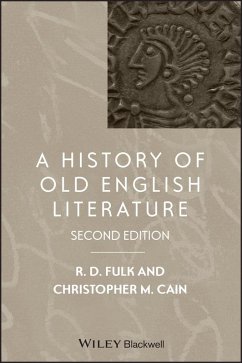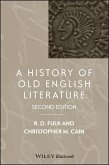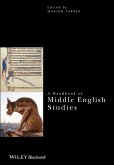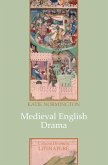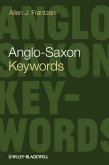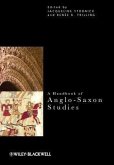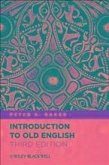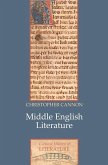A HISTORY OF OLD ENGLISH LITERATURE A History of Old English Literature has been significantly revised to provide an unequivocal response to the renewed historicism in medieval studies. Focusing on the production and reception of Old English texts and on their relation to Anglo-Saxon history and culture, this new edition covers an exceptionally broad array of genres. These range from riddles and cryptograms to allegory, liturgical texts, and romance, as well as lyric poetry and heroic legend. The authors also integrate discussions of Anglo-Latin texts, crucial to understanding the development of Old English literature. This second edition incorporates extensive reference to scholarship that has evolved over the past decade, with new chapters on both Anglo-Saxon manuscripts and on incidental and marginal texts. There is expanded treatment throughout, including increased coverage of legal texts and scientific and scholastic texts. The book concludes with a retrospective outline of the reception of Anglo-Saxon literature and culture in subsequent periods.
Dieser Download kann aus rechtlichen Gründen nur mit Rechnungsadresse in A, B, BG, CY, CZ, D, DK, EW, E, FIN, F, GR, HR, H, IRL, I, LT, L, LR, M, NL, PL, P, R, S, SLO, SK ausgeliefert werden.
"Revised to incorporate the latest developments, A History of Old English Literature remains as indispensable as ever. Its scholarship is up to date, its range comprehensive, its writing animated by a critical intelligence throughout. A new chapter on manuscripts, for example, responds to the field's recent turn to material contexts, and that attention begets a second new chapter on marginal texts like charms and cryptograms. An expanded discussion of legal texts, an updated bibliography, and many localized revisions will benefit everyone from beginning students to seasoned scholars." -- Daniel Donoghue, Harvard University
"A new generation of students and their professors will undoubtedly apprecite the currency of what has proven to be a widely respected, comprehensive historical treatment of Old English literature." (Choice, 1 December 2013)

